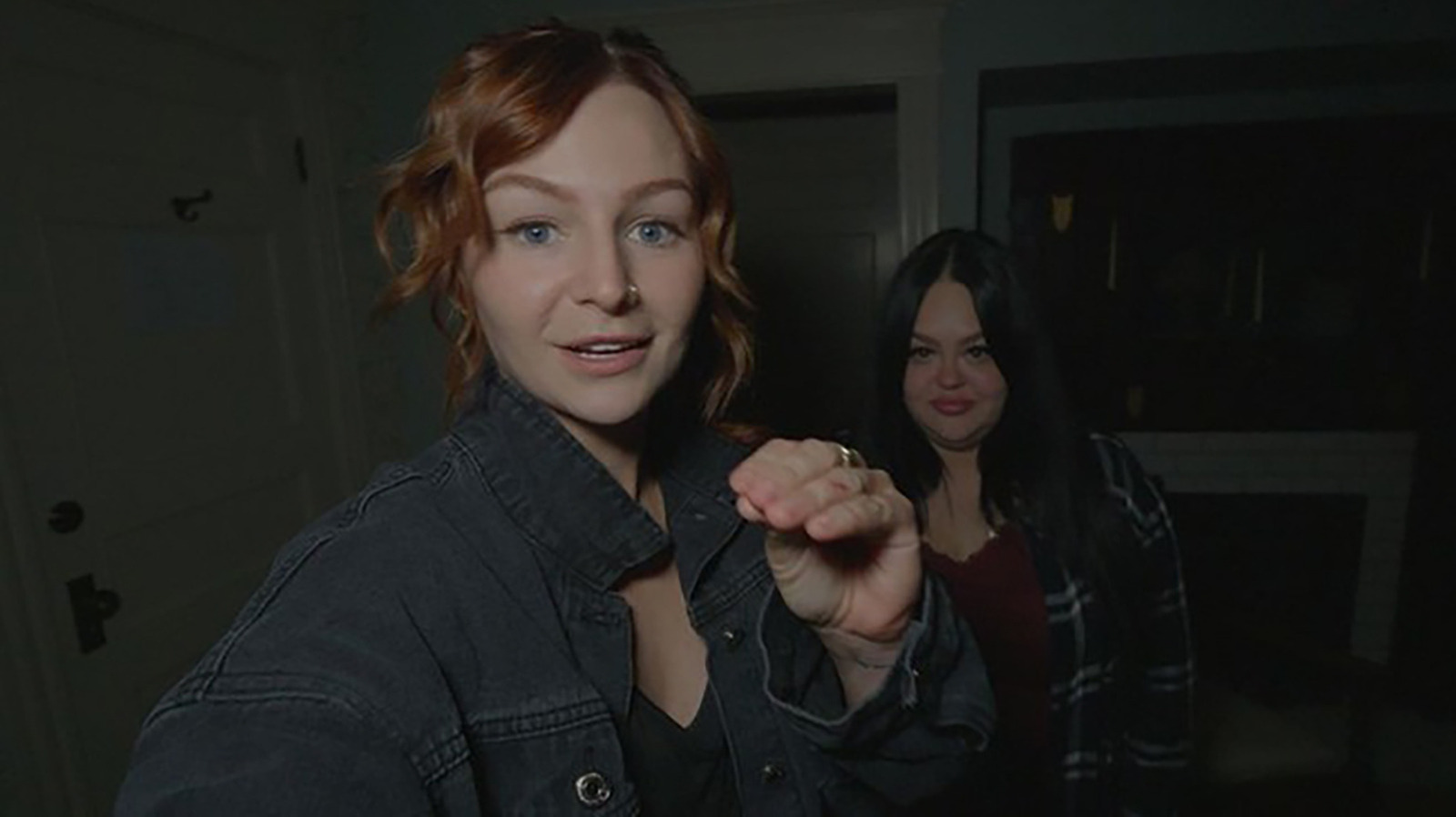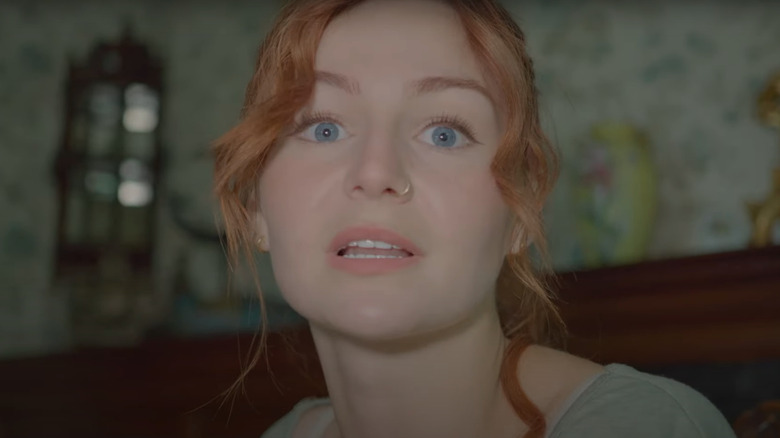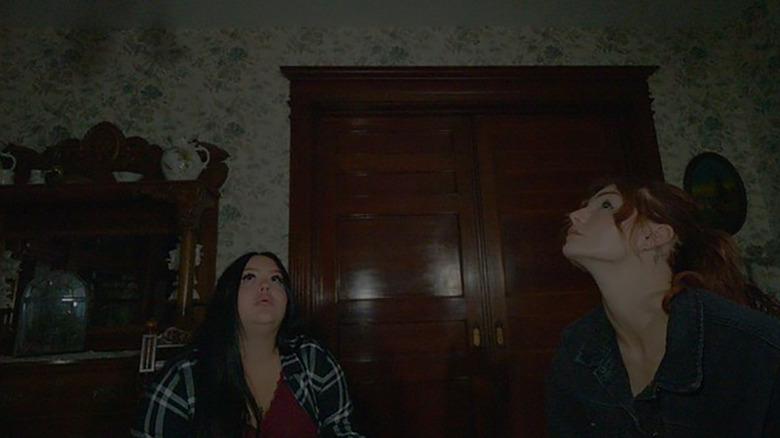see “Five Nights at Freddy’s” for the proof) but a deep preference for phones over film projectors. Studios continue to blame the increased popularity of streaming for the decline in younger audiences showing up to the megaplex, but newer research shows Gen Z and Gen Alpha aren’t just skipping theaters, but they’re also skipping movies altogether in favor of bite-sized content on social media. A TikTok-shaped tectonic shift has shaken the industry, affecting everything from influencer-dominated press junkets to relaxed phone-use rules during screenings.
The idea that influencers can bring in audiences isn’t new. In 2014, YouTuber Shane Dawson won the filmmaking competition show “The Chair” by fan vote thanks to his 10 million-strong following, leaving the unquestionably better filmmaker, relative unknown A.M. Lukas, in the dust. Still, the internet has also launched some of today’s most exciting creatives: Quinta Brunson (the creator and star of “Abbott Elementary”) got her start at Buzzfeed, the Philippou brothers (YouTube’s RackaRacka) now create festival hits like “Talk to Me” and “Bring Her Back,” and YouTuber Chris Stuckmann’s debut feature “Shelby Oaks” is coming soon from NEON. Even Bo Burnham parlayed early YouTube fame into being halfway to an EGOT.
The latest internet personality-to-film crossover is “House on Eden,” a found footage horror flick from Shudder and RLJE Films starring writer/director Kris Collins (@KallMeKris), Celina Myers (@CelinaSpookyBoo), and editor Jason-Christopher Mayer — all of whom boast a combined TikTok audience of over 75 million. Using an “outlined improvisation” style à la “The Blair Witch Project,” the trio investigates a haunted house while filming their every scream and shaky-cam reaction.
And while the film didn’t work for me at all, I still left the theater rattled — not by ghosts, but by the sheer dread of watching a movie created by people, who’ve spent the past five years packaging every fleeting thought and emotion for public consumption, trying to act “normal.” It’s a new kind of uncanny horror, one where the truly terrifying thing is realizing the line between performance and authenticity has all but disappeared.



